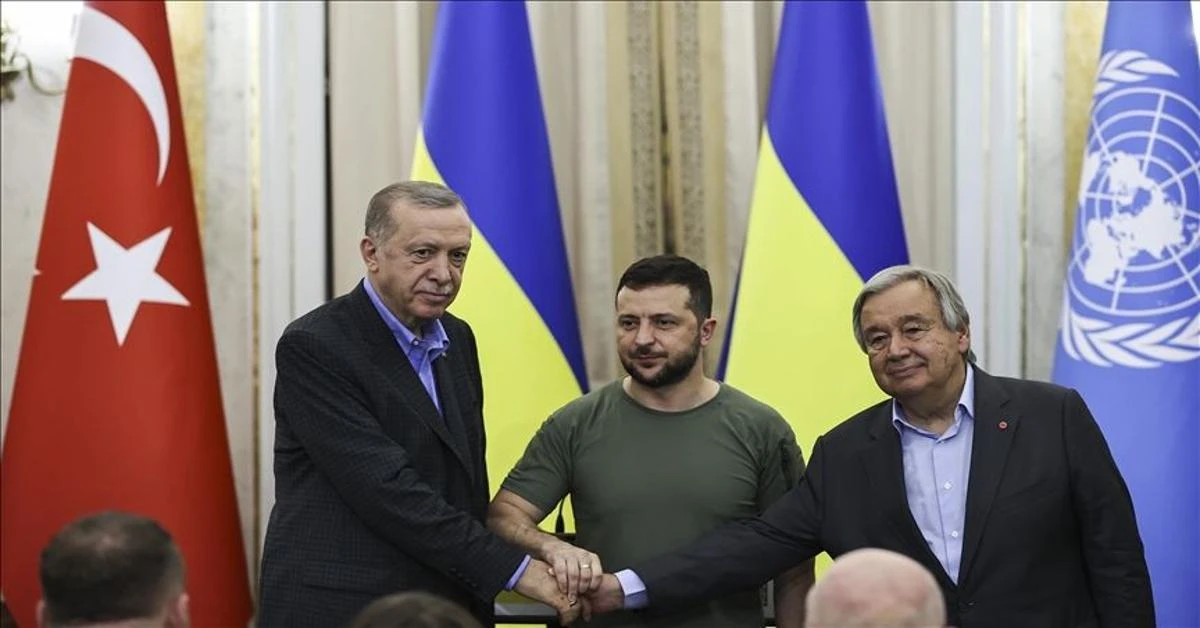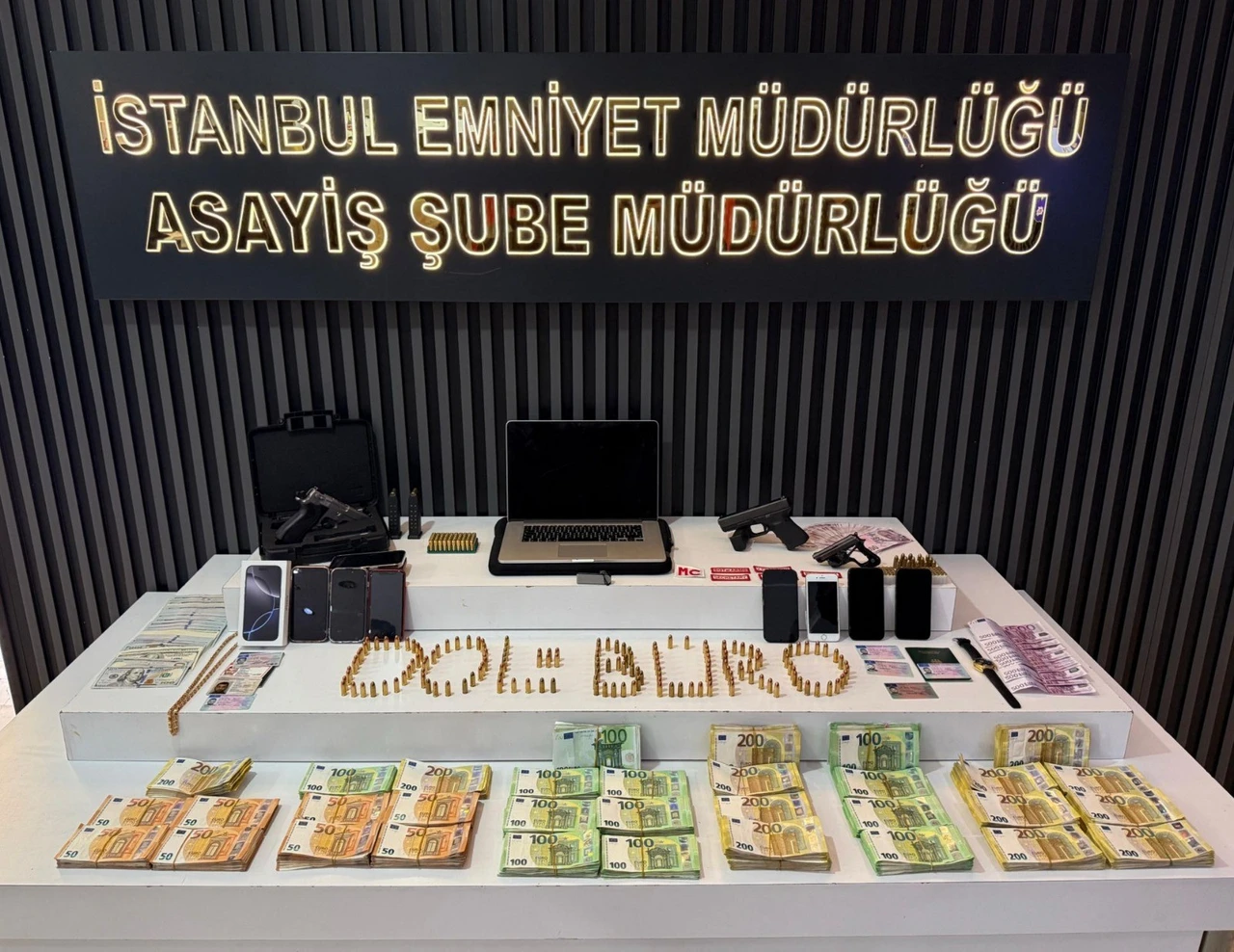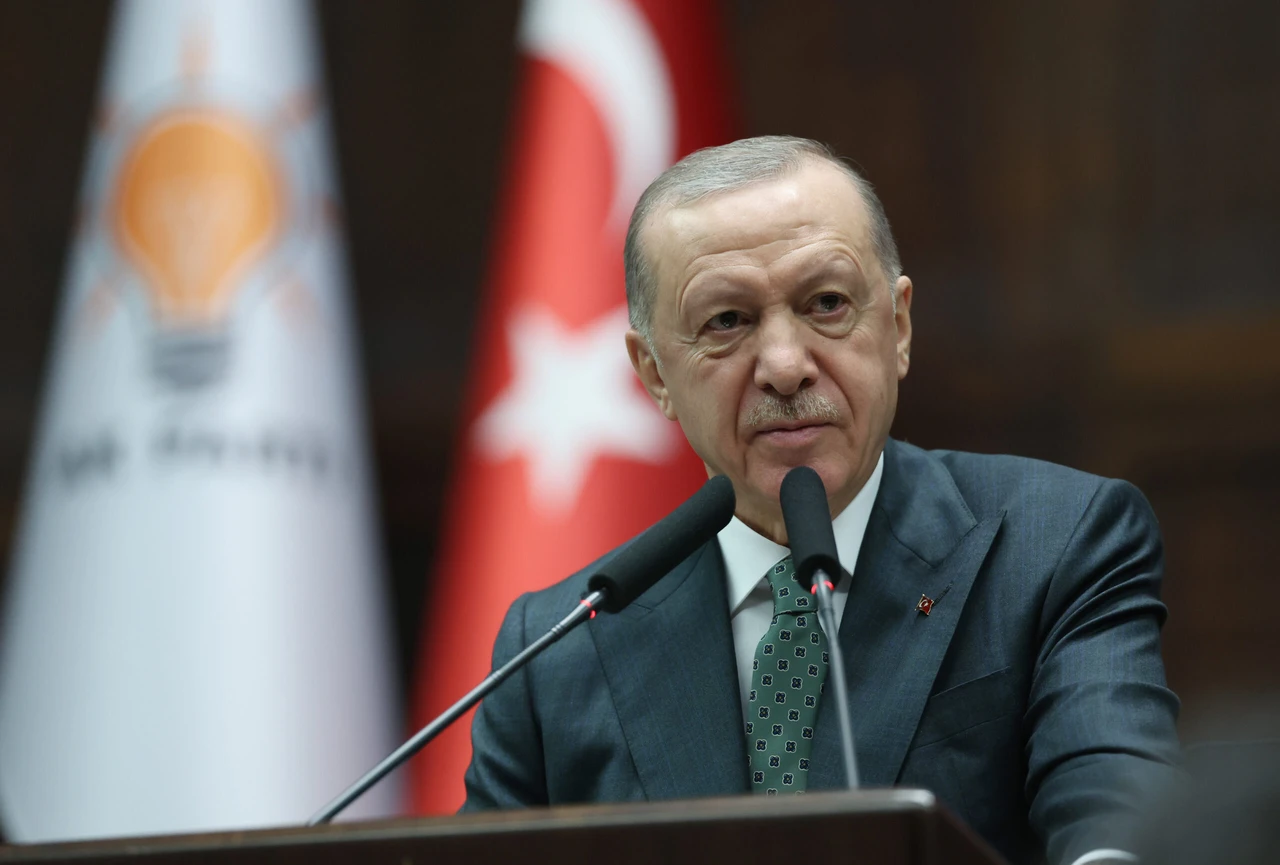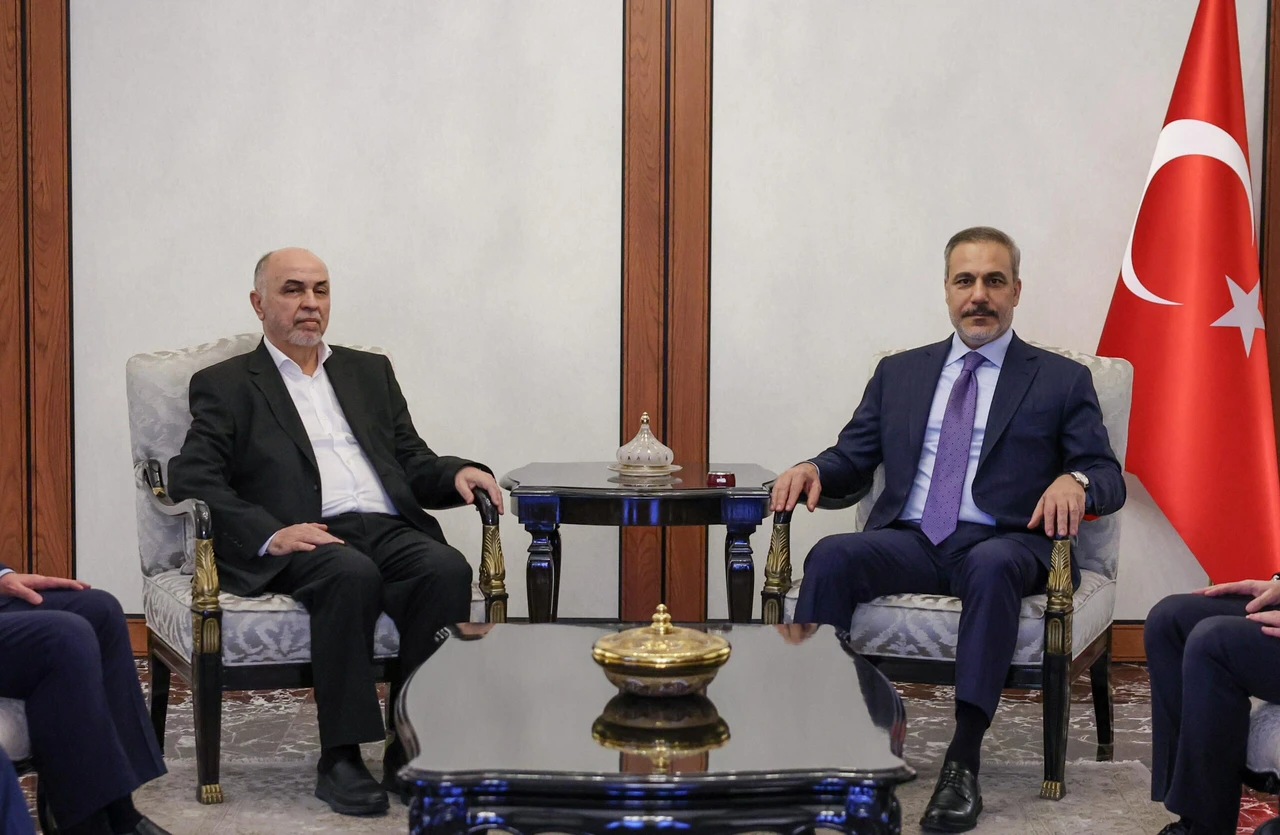Türkiye takes lead in reconciliation efforts in conflict zones: US think tank head

The President and CEO of the U.S. Institute of Peace emphasizes the crucial role of regional countries in resolving conflicts and crises in war-torn areas during a panel discussion at the Antalya Diplomacy Forum
The president and CEO of the U.S. Institute of Peace Lise Grande highlighted Türkiye’s role in mediation and reconciliation efforts in conflict zones, asserting its leadership.
Grande emphasized the crucial role of regional countries in resolving conflicts and crises in war-torn areas during the panel discussion, Innovative Mediation in Times of Turmoil, at the Antalya Diplomacy Forum.
Highlighting the evolving nature of warfare and the emergence of new weapons, Grande underscored the necessity for innovative solutions to achieve peace amid changing dynamics.
“For the first time in the last 60 years, the likelihood of nuclear powers facing off has risen to such an extent – we cannot ignore this. I believe our top priority should be addressing this. We need to implement mechanisms to de-escalate conflicts,” she said.
Grande noted the critical need for responsible mechanisms as the world moves toward a multipolar order, citing the limitations of existing mechanisms in enforcing solutions to global issues.
Former Slovenian President Borut Pahor expressed concerns about the diminishing effectiveness of mediation, attributing it to trust and dialogue deficits among conflicting parties.
A shift in perception, where mediation, once viewed as a display of strength, is now seen as a weakness in international politics, Pahor told the panel.
He urged a return to conventional dialogue methods to address those specific challenges and emphasized the importance of involving civil society organizations in mediation efforts.
He encouraged collective action to resolve global conflicts and stressed the need for international institutions to rebuild themselves to regain effectiveness in tackling crises.
Additionally, Sudan’s Deputy Foreign Minister Ali Al-Sadiq Ali revealed that mediation talks between the army and the Rapid Support Forces (RSF) have failed to produce results amid an ongoing internal conflict.
Despite numerous talk attempts by the government, the militias have not shown a willingness to agree, leading to continued unrest, said Al-Sadiq Ali.
He stressed the belief in resolving military conflicts through diplomacy and keeping international mediation channels open for peace efforts.
He also lamented the insufficient international effort to end the internal conflict while affirming the government’s commitment to peace talks despite setbacks.
The Vatican’s Secretary for Relations with States Archbishop, Paul Richard Gallagher, highlighted the significance of mediation in easing negotiations in crisis regions.
Gallagher noted negotiations fail because of the reluctance of parties to make concessions, emphasizing the necessity for genuine commitment and willingness to compromise.
‘Importance of constant participation’
He stressed the importance of consistent participation and readiness to compromise from all sides for successful mediation.
Additionally, he urged the involvement of multiple international mediators in conflict resolution efforts. He expressed concern about ongoing attacks in the Gaza Strip, imploring urgent intervention to address the escalating conflict.
“All these events in Gaza lead us to a serious indifference. This war has been going on for months. There is an absolute and urgent need for intervention,” he said.
And EU Special Representative for the Belgrade-Pristina Dialogue, Miroslav Lajcak, noted the world’s transition from unipolarity to multipolarity, highlighting associated risks.
Lajcak warned of a global catastrophe if a model based on universal values is not constructed, emphasizing the need to negotiate globally accepted rules to avert disaster.
He urged pressure on political leaders and strengthening international institutions to navigate potential crises successfully.
Moreover, he underscored the necessity of dialogue and consensus in conflict and war zones for mediation to yield definite results.
Source: AA
#haber#



